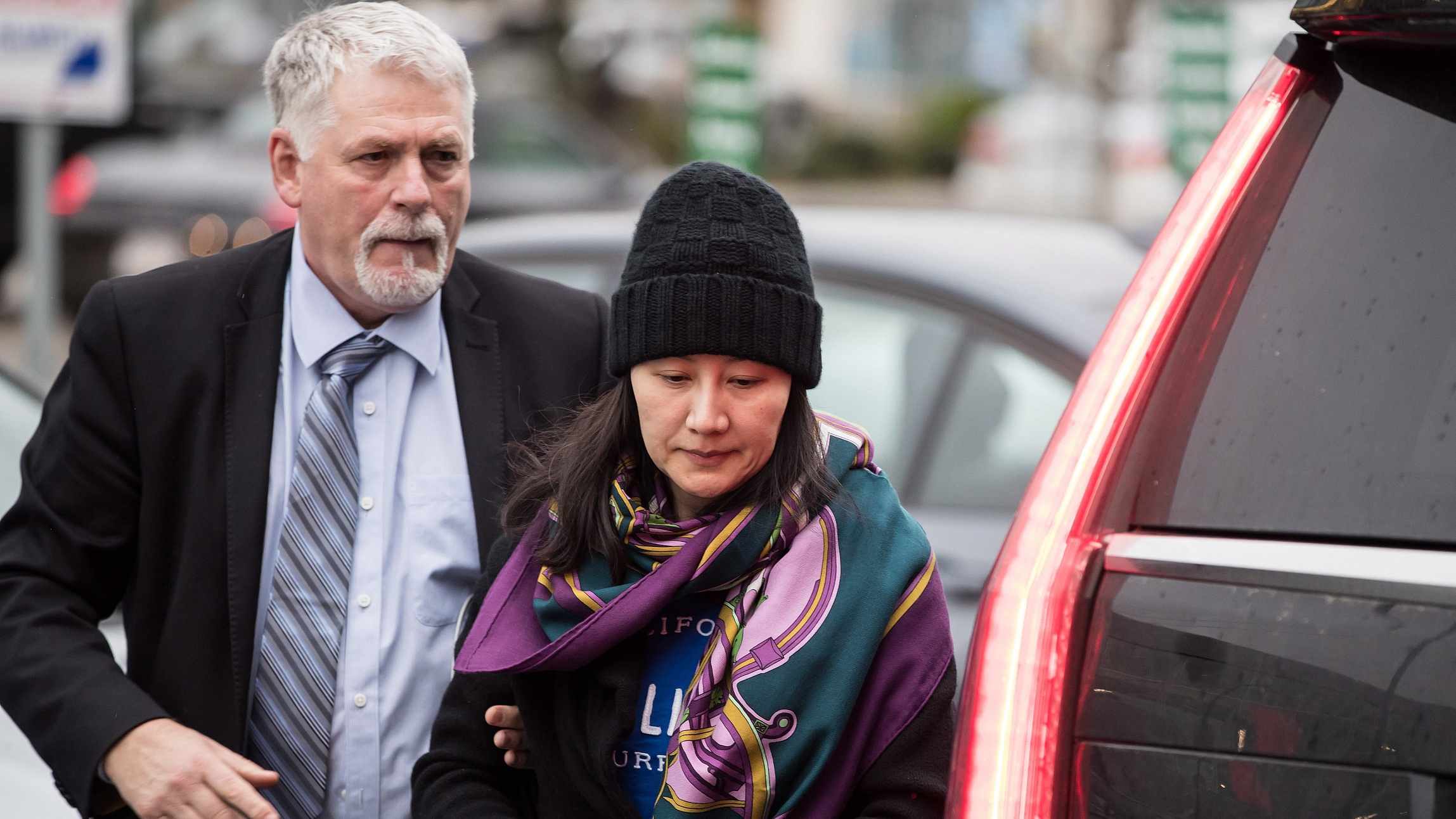
Domestic
17:38, 23-Jan-2019
Decoding U.S. extradition case of Huawei CFO
By Nayan Seth, Feng Ran

U.S. prosecutors have claimed that Meng Wanzhou, the chief financial officer of Chinese tech giant Huawei, violated U.S. sanctions against Iran from 2009 to 2014. But the fact remains that the action against the Huawei CFO is an unprecedented extra-territorial application of Iran sanctions laws.
The U.S. also accused Huawei of misleading financial institutions about the company's business dealings with Iran. A domestic law passed by U.S. lawmakers is being imposed on a Chinese company, and also on a third country.
Although the legality of the action is open to interpretation, many analysts believed that Huawei is being singled out by the U.S. government. That leads people to the statements made by members of the Trump administration and the U.S. president himself.
Last month, U.S. trade adviser Peter Navarro told domestic media that actions against Huawei were legitimate and branded the company "a bad actor," without providing one iota of evidence. According to experts, U.S. President Donald Trump also indicated that the case against the Huawei CFO could be linked to the ongoing trade negotiations with China, raising questions over whether the CFO of the world's second-largest mobile company is being used as a bargaining chip.
(Cover: Huawei chief financial officer Meng Wanzhou (R), is escorted by a member of her private security detail while arriving at a parole office, in Vancouver, on December 12, 2018. /VCG Photo)

SITEMAP
Copyright © 2018 CGTN. Beijing ICP prepared NO.16065310-3
Copyright © 2018 CGTN. Beijing ICP prepared NO.16065310-3